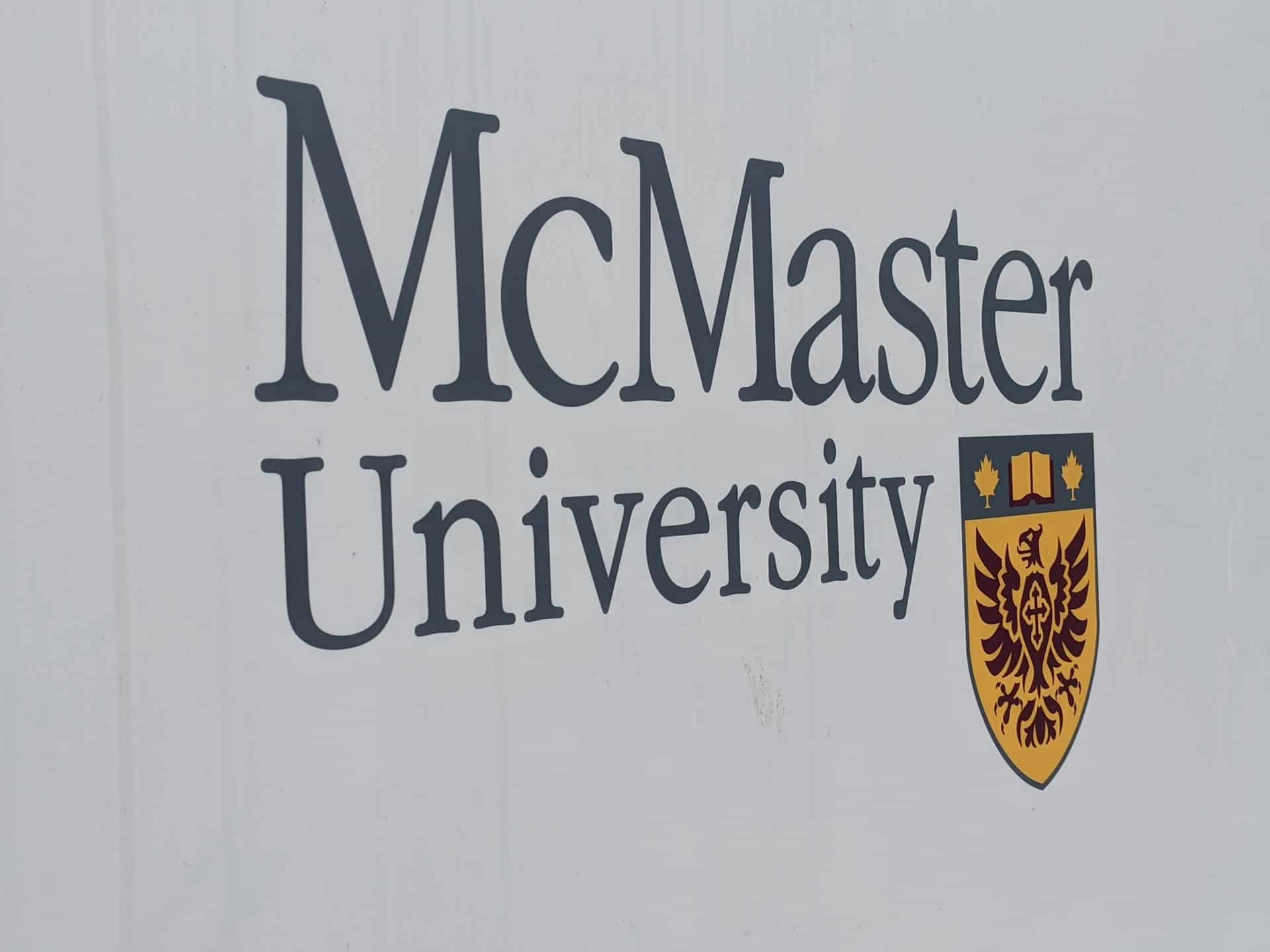McMaster joins effort to enhance end-of-life care in Indigenous communities
Published July 22, 2021 at 12:37 am

A McMaster University researcher is leading an initiative that is intended to support First Nations, Inuit and Metis (FNIM) people who are entering palliative care and wish to remain at home.
On Tuesday, the Hamilton university announced a $1.24-million partnership with Indigenous Services Canada. Researcher Hsien Seowan, who is an associate professor in the department of oncology at McMaster’s medical school, is planning a large education intervention. Called CAPACITI-FNIM, it will include teaching and practical training that will assist existing community primary care providers in delivering home-based palliative approaches to care for First Nations, Inuit and Metis (FNIM) people. The partnership will also aim to build on the assets and resources of FNIM communities.
The aim is to make it less likely for members of Indigenous communities face the prospect of dying in hospitals far from their homes and loved ones.
“As a part of our palliative care service development journey, the CAPACITI sessions supported the creation of our service pathways and internal processes,” Edith Mercieca, director of home and community support services for the Maamwesying North Shore Community Health Services in Cutler, Ont., stated in a media release.
“Each session provided our multi-disciplinary team with the opportunity to examine the tools and strategies introduced and to determine how it would fit within an Indigenous shared-care model of service delivery.”
Seow is the Canada research chair in Palliative Care and Health System Innovation at McMaster.
“I am delighted that Indigenous Services Canada is investing in innovative approaches to end-of-life care in Indigenous communities,” he said.
“This funding provides an opportunity to have a big impact in FNIM communities because prior research shows that FNIM communities are leaders in leveraging community resources to deliver palliative care.”
In addition to providing funding, Indigenous Services Canada will advise Seow’s research team on engaging with frontline workers in Indigenous care settings. The intervention will be co-designed with each community.
INsauga's Editorial Standards and Policies